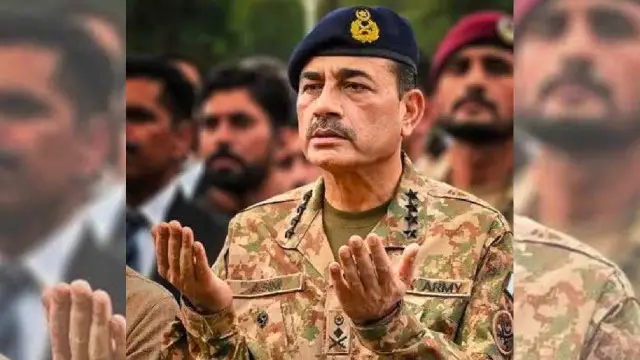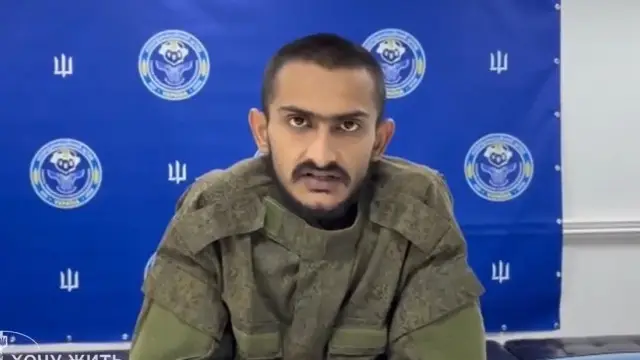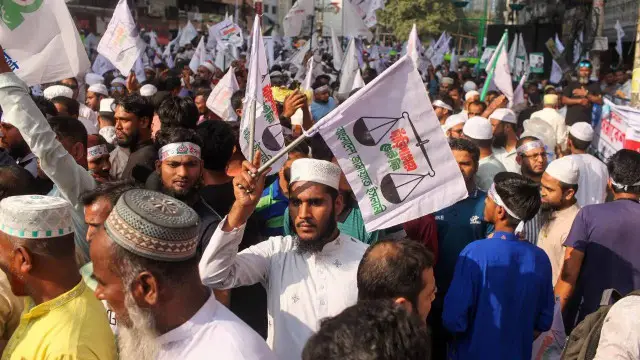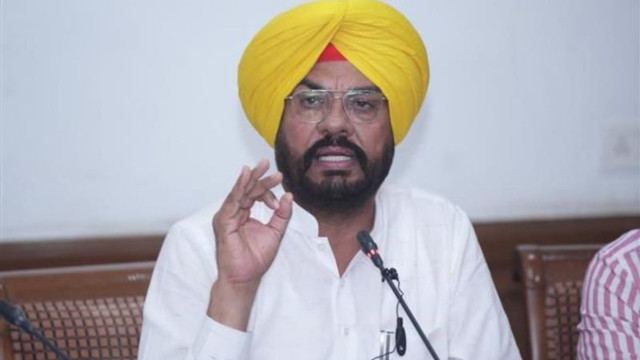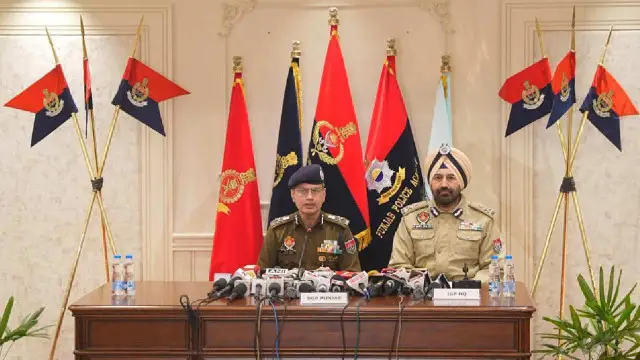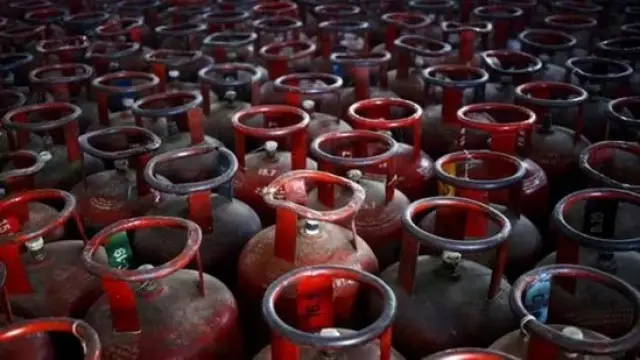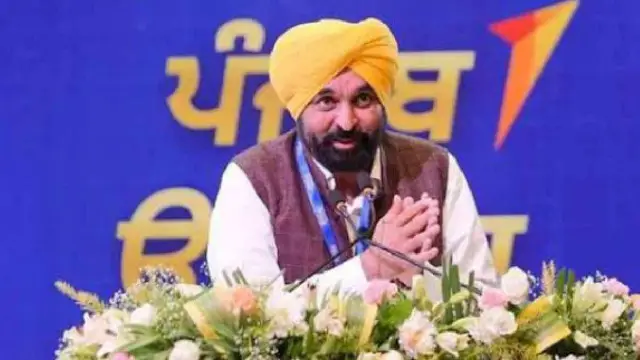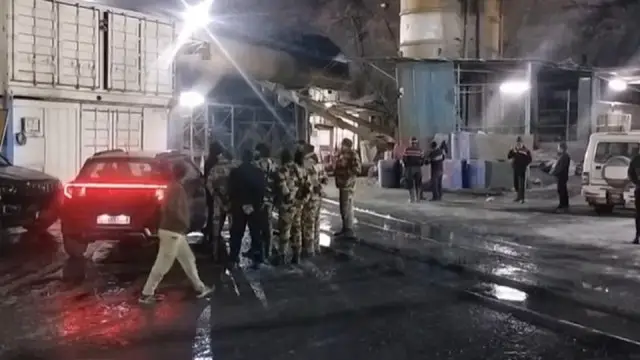Assassination of hamas leader Ismail Haniyeh in Tehran escalates Middle East conflict
The assassination of Hamas leader Ismail Haniyeh in Tehran has escalated the Middle East conflict to new heights, with Iran vowing a strong response. The strike on Haniyeh and the retaliatory attack on Hezbollah have raised concerns about the potential for further escalation and the implications for the region.

In a shocking turn of events, the Middle East conflict has taken a dangerous and deadly turn with the assassination of Ismail Haniyeh, the political chief of Hamas, in Tehran. The news of Haniyeh's death was announced by Hamas and Iran's foreign ministry on Wednesday morning, sending shockwaves throughout the region.
Assassination Strikes in Tehran and Beirut
The assassination of Ismail Haniyeh in Iran came shortly after Israeli forces claimed to have killed a senior Hezbollah commander in a strike on Beirut. The Israeli strike on Beirut was in retaliation for an attack on the Israeli-occupied Golan Heights, which tragically resulted in the deaths of 12 children and youths from the Druze community. Hamas has accused Israel of carrying out a "treacherous Zionist raid" on Haniyeh's residence in Tehran and has vowed revenge for his death.
Haniyeh's Role and Presence in Iran
Reactions and Vows of Retaliation
Potential Escalation and International Concerns
The assassination of Haniyeh and the strike on Hezbollah have raised concerns about the potential for further escalation in the already volatile region. Given Iran's history of launching missile barrages against Israel, there is speculation about the nature of Tehran's practical response. The international community, including France, Germany, Italy, the U.K., and even NATO member Turkey, has been actively engaging with leaders in Lebanon, Israel, and Iran to prevent a wider regional conflict.
Implications for the Middle East
The targeted assassinations of Hamas leaders, including previous killings of Abdel Aziz Rantisi and Ahmed Yassin, highlight the ongoing tensions between Israel and Hamas. Ismail Haniyeh, while in exile in Qatar, had been leading efforts to negotiate a cease-fire in recent months. However, his assassination and the killing of the Hezbollah commander further complicate an already fragile situation, raising fears of a potential regional conflict.
The assassination of Hamas leader Ismail Haniyeh in Tehran has escalated the Middle East conflict to new heights, with Iran vowing a strong response. The strike on Haniyeh and the retaliatory attack on Hezbollah have raised concerns about the potential for further escalation and the implications for the region. As international leaders work tirelessly to prevent a wider conflict, the situation remains highly volatile. The stakes are particularly high for countries like France, Italy, and Turkey, who have vested interests in the stability of the region.





